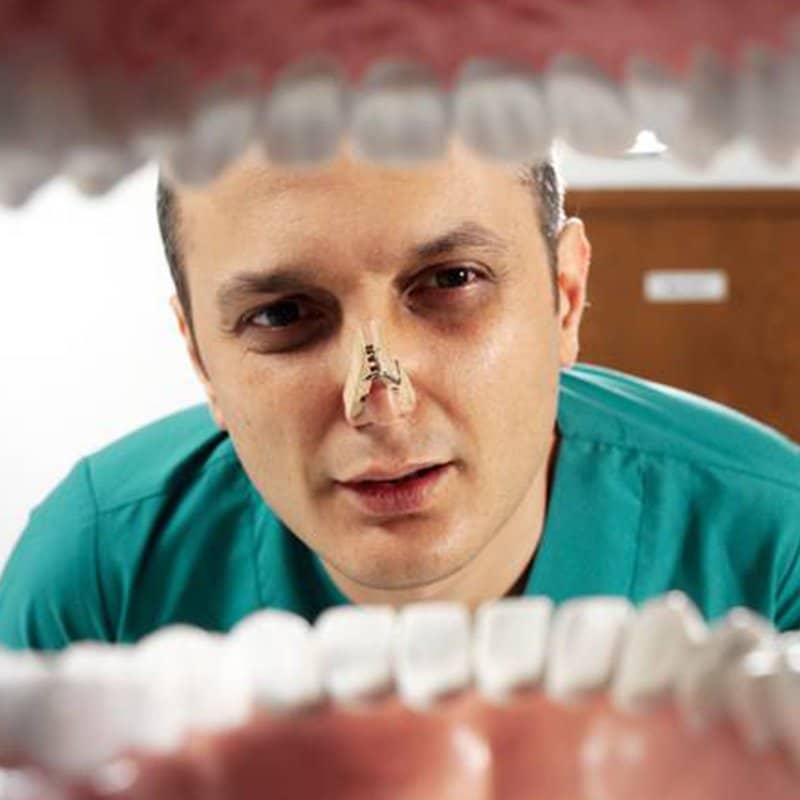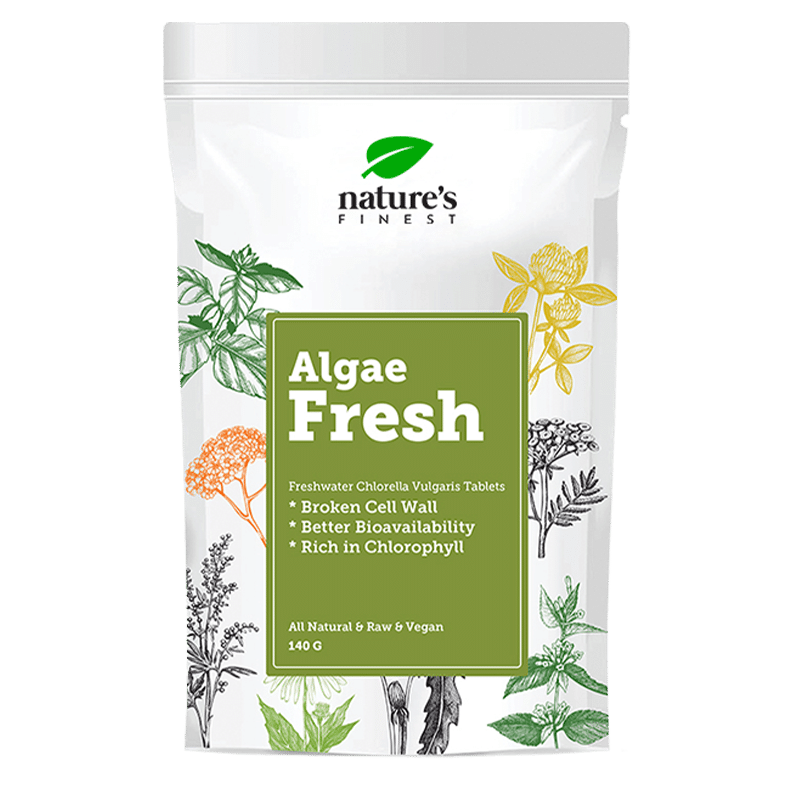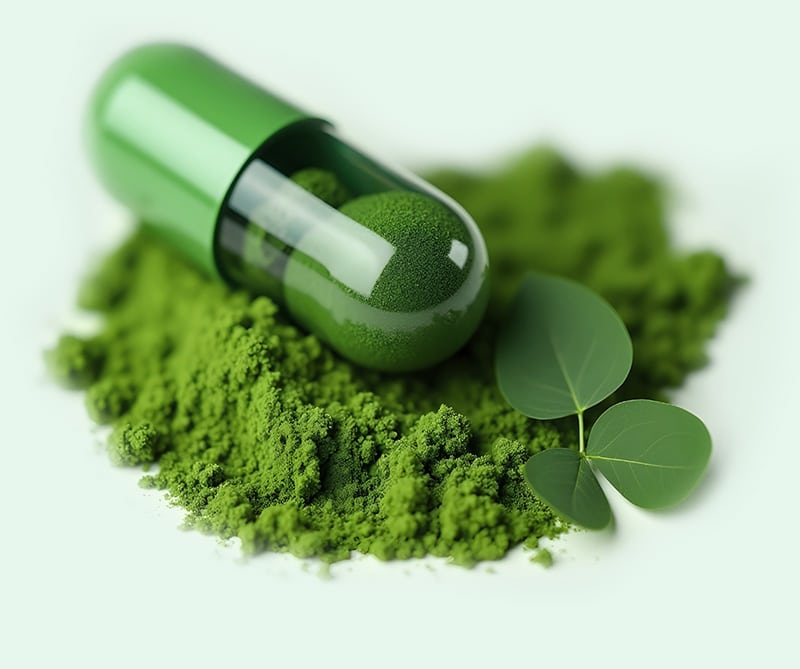What causes bad breath and how to eliminate it?
Bad breath can be awkward! We all know that.
It can affect our personal, social and work lives, some even have a low self-esteem. For many others, this is just a normal relatively mild experience. We need to be aware that bad breath can affect even the healthiest people.
Sometimes is difficult to know if we have a bad breath. We’ve all seen or done a trick in which you inhale into your hand to try to smell your breath. Does it work? Unfortunately, most of the time not.
We often have a different perception of our own body odours than others.
So, how do you eliminate this annoying problem?
First we must understand the causes of bad breath
Bad breath can be a result of many things – from relatively mild to more serious causes. Here are some of the most common:
Food – Often bad breath occurs due to the fermentation of food particles by bacteria in the mouth. Common places where these bacteria reside include teeth and gums, especially if there is a mouth or teeth infection, or infection on the back of the tongue. Gingivitis (a gum infection) is a common cause of bacterial overgrowth that causes bad breath.
Tobacco products – smoking is another obvious cause of bad breath, as well as sinus infection, as the sinus cavities are connected to the nose and mouth.
Poor dental habits, such as not brushing your teeth regularly or poor dental hygiene, lead to trapped tiny pieces of food in the mouth. Our tongue can be another cause of bad breath as it is coated by bacteria, causing unpleasant odours.
Dry mouth is the cause of bad breath, as there is not enough saliva in the mouth. This is a common cause of morning breath, especially in people who sleep with their mouths open.

Dental infections – tooth decay, gum disease, surgical wounds and tooth death are all causes of bad breath.
Chronic gastric acid reflux is associated with bad breath. Reflux treatment can also eliminated the bad breath. Among the more serious but less common causes are kidney or liver disease, serious digestive problems, and diabetes.
Naturopathically, bad breath can be considered a sign that the body needs to be detoxified. You may notice bad breath changes if you start a detox program. Read more on how to naturally detoxify the body HERE!
Poor dental hygiene is the most common cause of bad breath, but sometimes it can be another medical condition. It should be noted that bacteria often occur due to internal conditions affecting the liver, metabolic processes, gastrointestinal tract and other non-oral diseases.
Green pigment that fights against the bad odours
The use of chlorophyll for bad breath was suggested in the 1950s, when researcher Dr. Franklin Howard Westcott suggested using this green pigment that fights the internal body odours. It’s been a lot of time since this original claim, and the question of where chlorophyll stands in the treatment of bad breath still remains.
The link between chlorophyll and bad breath is also supported by current research and evidence, mostly in the form of various blends of oils, including olive, parsley and mint. Such combinations and preparations are presented in natural mouthwashes or capsules. Taking chlorophyll in liquid or capsule forms can act on the internal deodorization of the body and thus externally promote fresh breath.
Prevention
Although chlorophyll may be helpful in eliminating the bad breath, it should not replace the good hygiene. The best treatment is based on the following practices.
Brush your teeth at least twice a day to remove food particles that cause bad breath. Brushing your tongue with a toothbrush or tongue scraper can further prevent bad breath. Replace toothbrushes every two to three months. A soft toothbrush is gentler on the gums and enamel.
Visit your dentist twice a year or every six months. A dentist can help identify or diagnose a condition that affects the mouth.
Hydration against bad breath. When there is a lack of moisture in the mouth, the production of saliva is compromised, which ultimately increases the risk of bad smells. We often have a dry mouth in the morning, so after waking up make sure to drink water.
Limit foods that cause bad breath, including onions, garlic, vinegar, and sugar.
Stop smoking, as cigarettes and tobacco products can dry out your mouth, increase your risk of developing oral diseases and create a bad breath.
Is chlorophyll really effective?
Chlorophyll is a green pigment that gives most plants their colour, and in large quantities it is found in green leafy vegetables such as broccoli, lettuce and spinach, and algae such as spirulina and chlorella. There are claims that chlorophyll gets rid of acne, supports liver’s function and even prevents cancer. Dr. Liz Hanson is an expert in the seaside town of Corona del Mar, California, and says chlorophyll offers a benefit to overall health.
“Chlorophyll helps cleanse all body’s cells, heals wounds, supports the immune system, rejuvenates the red blood cells and detoxifies the liver and digestive system,” she says. It definitely helps in the fight against the bad breath, especially for those who don’t eat a lot of vegetables. “One of the most important properties that chlorophyll has is that it cures and prevents bad breath from within,” she continues. “It also improves digestion, which is the most likely cause of bad breath.”
Chlorella is a treasure trove of chlorophyll
Chlorella gets its name from the amount of chlorophyll that it possesses, as it contains more chlorophyll per gram than any other plant. Besides supporting the immune system functions, some evidence suggests that chlorella can:
– be used against cell damage from radiation and toxic metals such as lead.
– be used to treat digestive disorders, including constipation, inflamed bowel and stomach ulcers.
– can be used to treat or prevent asthma attacks, bad breath, high cholesterol levels and blood pressure, low B-12 levels and premenstrual syndrome (PMS).
– some people enjoy chlorella in order to increase energy levels, perform body detox and improve mental function.
We can enjoy it in two forms. Chlorella powder is simply stirred into a glass of water or favourite beverage, while for chlorella in tablets, a daily amount of 12-40 tablets is recommended. With 40 tablets we consume 10g of chlorella.
Natural and effective Algae Fresh – rich source of chlorophyll, which solves the problem of bad breath at source — in the gut.
Algae Fresh has 10 times more chlorophyll than spirulina. Chlorella is a dark green microscopic algae. Its name comes from the Greek word “Chloros” meaning green, and the Latin diminutive “ella” meaning small. Despite its small size, it contains a number of nutrients, such as:
- Protein: Chlorella is made up of about 45% protein
- Vitamins and minerals: in addition to vitamins A, B9, B12, C, E, K, chlorella is a rich source of calcium, magnesium, phosphorus, potassium and iron
- Chlorophyll: Chlorella contains 10x more chlorophyll than spirulina

Algae Fresh
A natural and effective solution for bad breath!
- Contributes to intestinal balance
- Completely eliminates bad breath
- Source of important vitamins and minerals
- Source of protein
- Rich in chlorophyll
and save £0.00
100% safe purchase with a no-questions-asked return policy.

